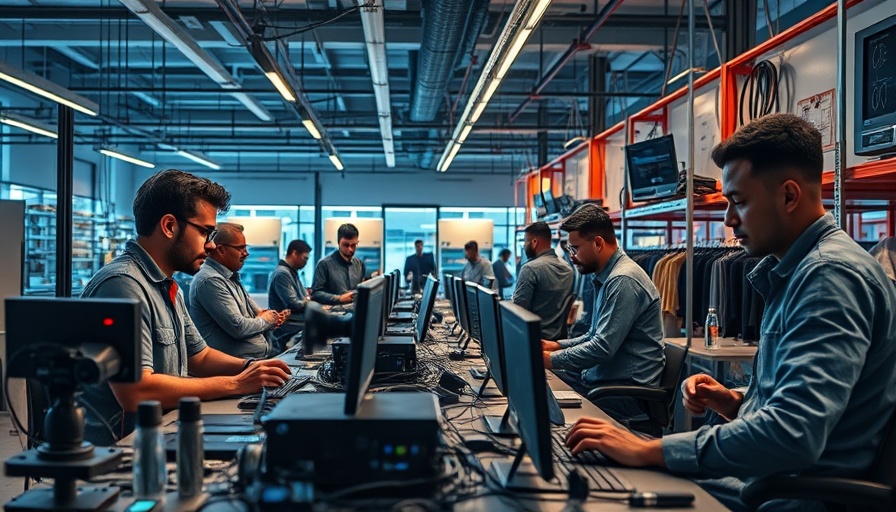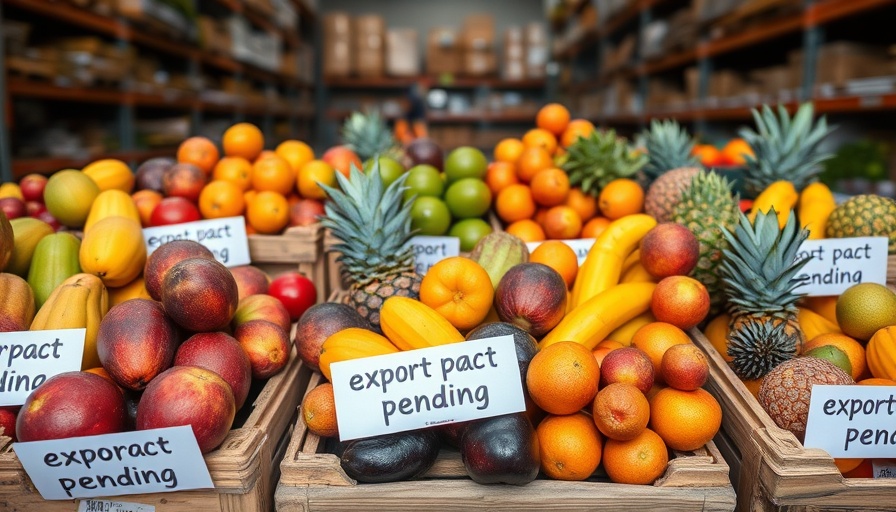
Enhancing Skills for Customs Valuation in Southern Africa
In the fast-evolving landscape of global trade, customs valuation emerges as a pivotal aspect that impacts decisions across various sectors. Recently, a refresher workshop for Master Trainers on Customs Valuation was conducted in Southern Africa, showcasing the region's commitment to enhancing its trade capabilities and compliance standards.
This initiative, essential for trade executives, professionals, and others engaged in international commerce, placed a strong emphasis on the latest regulations and methodologies in customs valuation. In an era where digital transformation reshapes industries, aligning customs practices with modern standards cannot be understated.
Why Customs Valuation Matters Now More Than Ever
The increasing complexities of global supply chains necessitate accurate customs valuation to ensure that goods are taxed appropriately. This is crucial for revenue generation in developing economies where the reliance on trade tax revenues is significant. The workshop provided insights into the implications that digital currencies and blockchain have on customs processes, pushing the conversation forward on how technology intersects with trade regulations.
Future Trends in Customs Valuation
With advancements in technologies such as AI, machine learning, and data analytics, customs agencies can improve their approaches significantly. The adoption of these technologies helps in automation, streamlining processing times, and enhancing accuracy. As noted in many high-level discussions, integrating AI within customs systems could be a game-changer, minimizing human error and expediting the valuation process.
Practical Insights from the Workshop
Executives and managers attending the workshop gained hands-on experience with the latest tools that aid in customs procedures. By leveraging cloud computing solutions and data analytics platforms, decision-makers can foster deeper insights into customs rules and tariffs, allowing their organizations to remain compliant while optimizing their supply chain efficiencies.
One of the key takeaways was the role of collaboration among various stakeholders in the customs ecosystem, including customs authorities, traders, and technology providers. Building networks within this ecosystem creates avenues for shared knowledge and best practices.
The Human Element in Customs Valuation
In addition to technological advancements, the workshop underscored the importance of human skill development. Executives and trainers recognized that while tech plays a significant role, human expertise in applying customs laws and practices is irreplaceable. This aspect emphasizes the ongoing necessity for tech education and training programs that focus on digital skills, coding, and policy understanding in customs.
Conclusion: The Road Ahead for Trade Professionals
As globalization continues to weave tighter connections between markets, adapting to trends in customs valuation will only become more crucial. Developing countries like those in Southern Africa are taking proactive measures to prepare for this evolving landscape, enhancing their trade power and building resilient economies through customs reform.
The importance of this workshop cannot be overstated—it is a significant step towards digital inclusion and sustainable economic development. As a call to all professionals in the field, staying informed on these shifts is crucial for navigating tomorrow's trade complexities.
 Add Row
Add Row  Add
Add 




Write A Comment